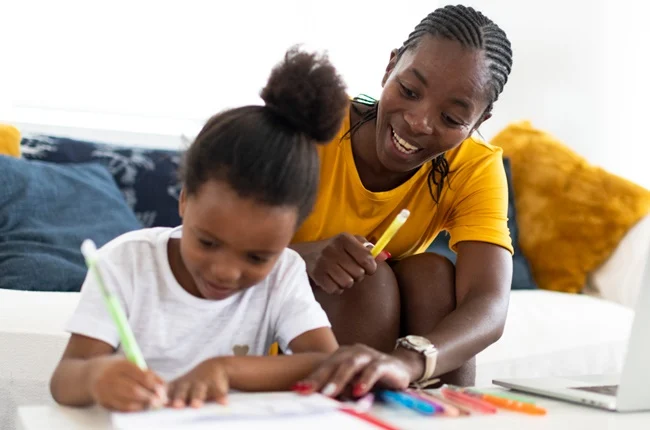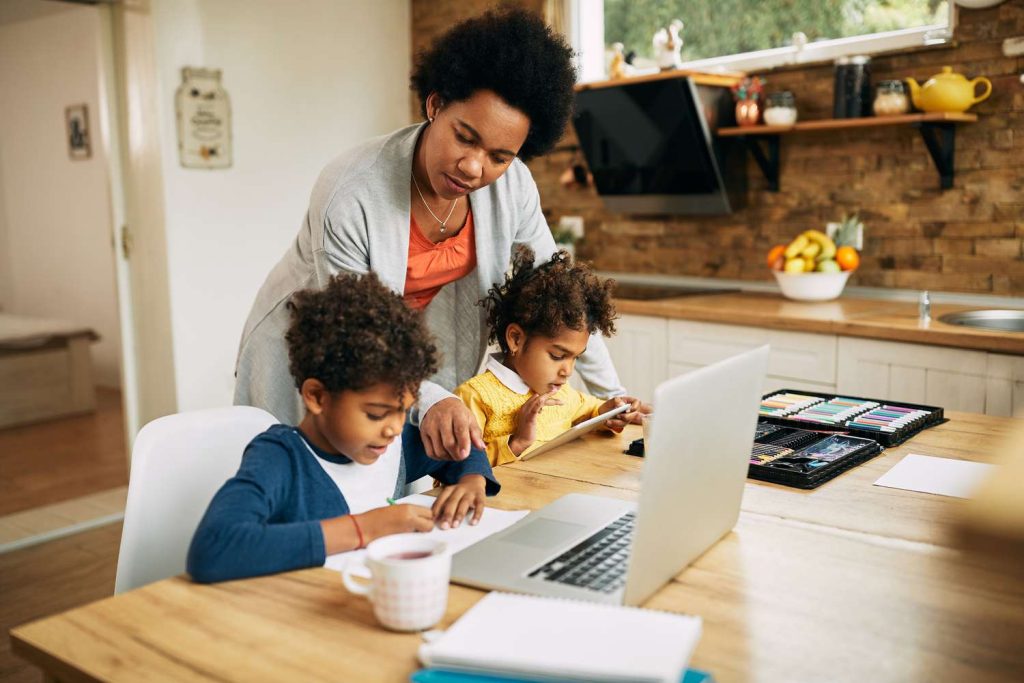Every child is unique, and as parents, we understand the importance of recognizing and nurturing our children’s diverse learning styles and strengths. In a country with a rich tapestry of cultures and traditions, our children’s educational journey may require tailored support to flourish. Addressing learning differences at home is not only crucial for academic success but also for fostering confidence and a love for learning in our children.
In Nigeria, where educational systems may not always accommodate every child’s learning needs, parents play a vital role in identifying and assisting their children with diverse learning styles. One of the first steps is recognizing that each child has their own way of processing information and acquiring knowledge. Some may excel in visual learning, while others thrive in auditory or kinesthetic environments. Observing your child’s behavior, interests, and preferred methods of learning can provide valuable insights into their unique strengths and challenges.

Communication is key in supporting children with diverse learning styles. Regular conversations with teachers can help parents understand their child’s progress in school and any areas where they may need additional support. By working together with educators, parents can develop strategies and accommodations tailored to their child’s specific needs.
Creating a conducive learning environment at home is essential for children with diverse learning styles. This may involve providing access to various educational resources, such as books, educational games, and multimedia materials, to cater to different learning preferences. Additionally, establishing a routine and setting clear expectations can help children feel more comfortable and confident in their learning environment.
READ MORE: Tailoring Education to Students Minds Through Varied Learning Styles
Flexibility is also important when addressing learning differences at home. As parents, we must be willing to adapt our approach and explore alternative teaching methods to meet our child’s needs. This may include incorporating hands-on activities, visual aids, or technology-assisted learning tools to enhance comprehension and retention.

Furthermore, fostering a positive attitude towards learning is crucial for children with diverse learning styles. Encouraging curiosity, celebrating achievements, and providing constructive feedback can help build self-esteem and motivation in our children. By instilling a growth mindset and emphasizing the value of effort and perseverance, we empower our children to overcome challenges and reach their full potential.
In conclusion, addressing learning differences at home requires patience, understanding, and a willingness to adapt. By recognizing and embracing our children’s diverse learning styles and strengths, we can create a supportive environment where every child can thrive academically and personally. As Nigerian parents, let us commit to empowering our children and championing their educational journey, one tailored lesson at a time.
